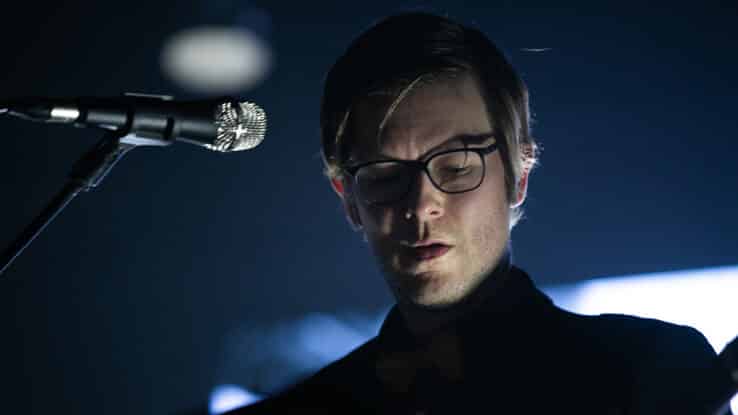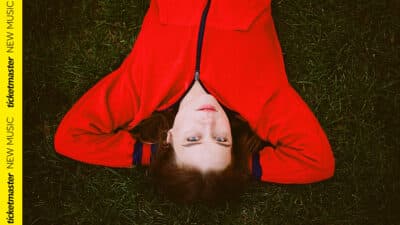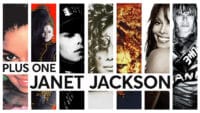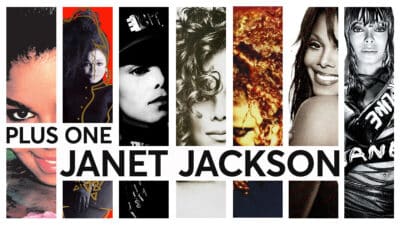Interview

Interview
Public Service Broadcasting: “We wouldn’t be a band without 6 Music”
J. Willgoose Esq talks national institutions, online snark and revolutionising art rock for all the right reasons
“I can see how we would divide opinion,” concedes J. Willgoose Esq, figurehead of art rock instrumentalists Public Service Broadcasting.
Since 2013’s Inform – Educate – Entertain, the London collective have been high of ambition and high-browed of intent, extolling the Reithian principles of their debut’s title. Close relationships with the British Film Institute and The National Archives have helped the group explore the American and Soviet Space Race (on 2015’s The Race For Space) and the rise and fall of the Welsh mining industry (as on 2017’s Every Valley).
Then last year, the BBC commissioned them to mark the corporation’s centenary at the Proms. “I never thought we’d get commissioned for something as momentous as the BBCs 100th anniversary,” says J.
The multi-instrumentalist talked to us about the BBC’s role in supporting the arts, why The Guardian’s recent criticism over 6 Music was deeply unfair, and why he has no time for “online snark”.
Upcoming live album This New Noise was written especially for the BBC’s centenary. Did writing with and for an orchestra alter your usual writing processes?
It did. For one, I was able to write without the main concern I have when I’m writing a record normally, which is the need to write one or two things that are towards the poppier end [of the spectrum]. In our world, if you don’t get radio then your record is dead, basically – and writing a three- or four-minute alternative pop single is really, really hard. So, my job felt a bit simpler, which sounds odd considering the size of the task and the orchestra!
How did the BBC commission come about?
When we were rehearsing for the previous Proms (the band played 2019’s edition), David Pickard (Head of the Proms) introduced himself and said, ‘It’s the BBC’s centenary in 2022. That could be quite interesting, don’t you think?’. We followed it up with each other, and it got to the point where it made sense for us to devote time to it without killing their budget in the process!
Did the BBC place any stipulations that on you?
No, which is pretty remarkable given how cautious the BBC is as an organisation. It could have been a polemic! But they trusted me-slash-us, which is nice. Hopefully, [This New Noise] made its point in an understated but effective way, with the ending highlighting how important the Beeb is for the arts in general.
Do you think the BBC does enough to support the arts and does it still play a pivotal role?
Yes. Nothing else is going to take its place if and when it goes – and it feels more like “when” these days. There won’t be a Proms. No private company’s gonna do that. No private company is going to run 6 Music.
We saw what happened when a private company tried to run XFM. After about a year and a half it got bought out by Capital [Radio] and turned into what it is now. This New Noise was supposed to be a bit of an impassioned defence of the Public Service ethos. It’s quite a long way from where we started, which was much more tongue in cheek.
Maybe this is down, in part, to a greater awareness you have of the BBC’s value and the challenges it faces as you’ve gotten older.
Well, yes. I quoted [businessman] James Murdoch’s speech from Edinburgh in my programme notes – and I was surprised BBC let me leave it in. He said something like “the sole guarantee of independence is profit”. I thought that speech was obscene.
It’s as close to [Michael Douglas’s character in Wall Street) Gordon Gekko’s ‘Greed is good’ [mantra] as you can get. If you’re driven by the market, market demands and profit, then you’re not devoted to improving the lives of the people who are paying for it. Certainly not in the same way that public service is supposed to.
With that in mind, how do you feel about 6 Music? An article in The Guardian recently proposed that it was suffering from an identity crisis.
I saw that article. There were some semi-valid concerns in there, but there was a lot of stuff which didn’t feel particularly fair and didn’t feel like it was written by somebody who had a good handle on their output. Describing Gideon Coe as somebody who “plays guitar music” is… well, if you’ve listened to the show, to say that’s doing it a disservice is an understatement.
Like any kind of entity, whether it’s commercial or public, they go through periods where they have to renew things. They’ve obviously had quite a big rejig of presenters and shows. There’s bound to be a bit of public discussion about that, and there’s bound to be some resistance from people who don’t want to see change.
I kind of know where [the journalist was] coming from. There were some valid points in there – and 6 Music would probably recognise a few of them too – but let’s not throw the baby out with the bathwater. 6 Music is too important to start kicking it for the sake of it. We can’t afford to lose it.
You feel particularly strongly about 6 Music’s relevance and role then?
Without it, music in this country would be immeasurably poorer. We wouldn’t be a band, for one. And pretty much everybody else in our kind of world would really struggle. They give focus and weight to bands who are emerging. They find really good music, and they promote and support it, which is really important. By and large, it’s still doing an extremely good and important job.
If you look at other countries that don’t have an equivalent to 6 Music, they don’t have that kind of glue in the alternative [music] world. Germany doesn’t have anything remotely like it. It’s got loads of local stations, which fulfil similar roles, but it’s got no national, unifying radio, which would enable you to build a fanbase and get out and play across the country. You might have one or two spots, like Berlin and Cologne, or something, but you’re not necessarily going to find people in different parts of the country. 6 Music is so important to our cultural landscape.
Your 2017 album Every Valley chronicled the rise and decline of Wales’ mining industry. Can you talk about what it was like exploring such an important aspect of modern history?
A really moving aspect of making that record is how it seems to have created links between us and elements of the community. I was weary of doing it [beforehand] because I’m an outsider who had a pretty comfortable middle-class upbringing in London.
I didn’t have any inbuilt right to tell that story, but I think we went about it in the right way and there’s a lasting bond we now have with South Wales that we feel every time we play there.
Why do you think there is that bond?
I would say it’s testament to going about it in the right manner. Part of that is doing it in a big-hearted, uncynical way. And although I don’t think our music is cynical, I think cynical people have quite an issue with us.
Why do you think cynical people have an issue with you?
They don’t like the fact that we’ve got stupid names. They don’t like the fact that we don’t take ourselves too seriously. I can see how we would divide opinion. But I think that for those of a more romantic hue, it really seems to click.
Is this press or public?
Well, there’s a general online snark, which you can’t really avoid if you want to engage and be available for fans online. You get people writing messages like, ‘Please stop making music. You’re sh*t’. I had that very message the other day. I don’t really care though.
It extends to the music press. There’s been one or two reviews that have bothered me in history. But even then, the music press is so sadly reduced from what it was in its heyday.
In the old days, those reviews probably could have killed a band. Now it’s much easier to shrug them off because the music press doesn’t really have that impact anymore. It’s good in some ways, but it’s not good that we’ve lost that broader critical voice.
Have you thought about any next album yet?
I’m demoing it now and I’m two into it. We’ll try to get that out next year sometime.
Can you give any indication about what it might be about?
For the first time, we might have to generate most of it ourselves in terms of archived content because there aren’t many contemporary recordings. I wanted to do something that’s more focused on women. That’s the kind of the road I’ve gone down, but we’ll see.
Public Service Broadcasting play Connect festival from August 25. Find final tickets here.
Photo credit: Kieran Frost / Getty









